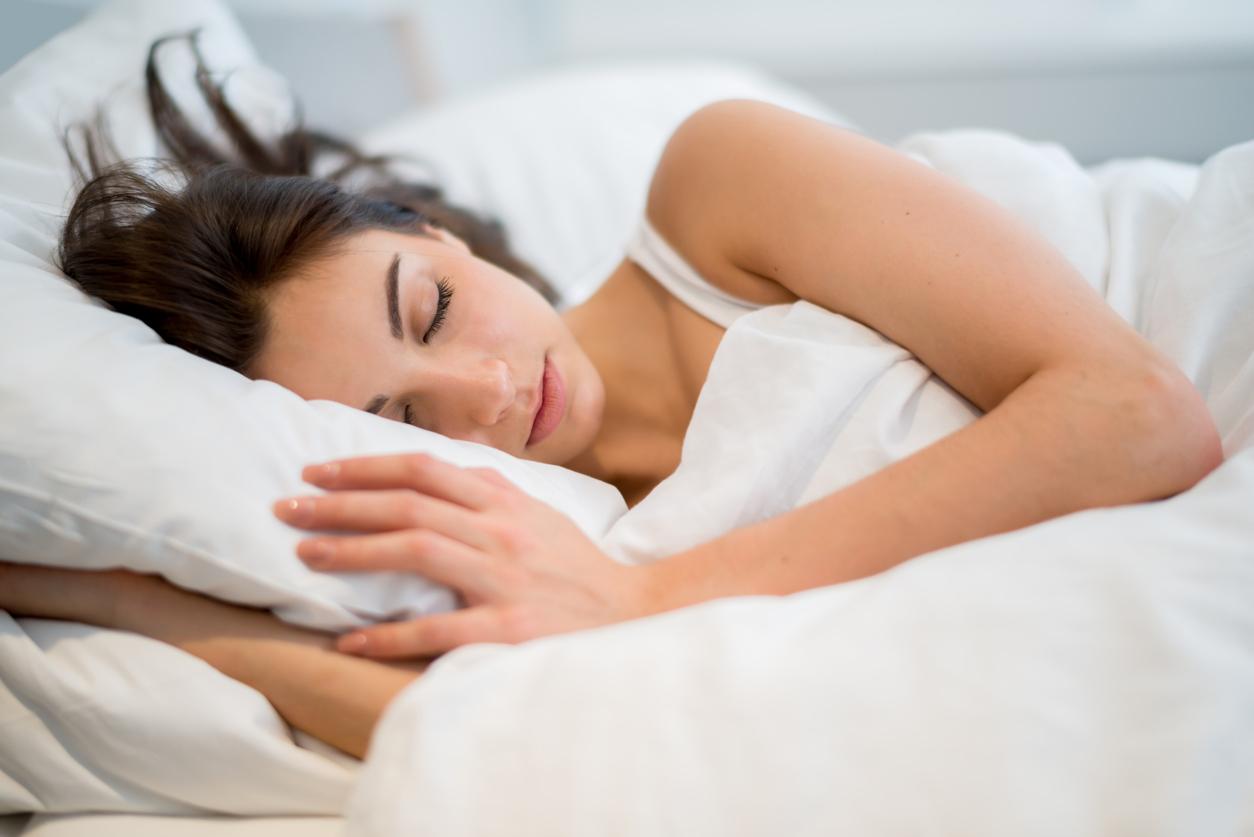Lack of sleep makes you less attractive, study finds
It's official, beauty sleep is real

Your support helps us to tell the story
From reproductive rights to climate change to Big Tech, The Independent is on the ground when the story is developing. Whether it's investigating the financials of Elon Musk's pro-Trump PAC or producing our latest documentary, 'The A Word', which shines a light on the American women fighting for reproductive rights, we know how important it is to parse out the facts from the messaging.
At such a critical moment in US history, we need reporters on the ground. Your donation allows us to keep sending journalists to speak to both sides of the story.
The Independent is trusted by Americans across the entire political spectrum. And unlike many other quality news outlets, we choose not to lock Americans out of our reporting and analysis with paywalls. We believe quality journalism should be available to everyone, paid for by those who can afford it.
Your support makes all the difference.Beauty sleep is officially a real thing, according to researchers who suggest that people who don’t get a decent night’s kip appear less attractive to others.
The scientific study published by Royal Society Open Science Journal, says that as little as two nights of poor sleep is enough to make you look significantly less attractive.
Conducted by Stockholm University, researchers asked 25 participants to get a good night’s rest for two consecutive nights. A week later, they were asked to restrict themselves to just four hours sleep per night for an additional two nights.
After both sessions, makeup-free photos were taken of the volunteers. Then, they asked 122 strangers – women and men – to rate them on attractiveness, health, sleepiness and trustworthiness.
Surprisingly, the results showed that your face not only visibly communicates a lack of sleep – think dark circles and swollen eyelids – but that it could also negatively affect your social life.
When the participants were photographed after two consecutive days of just four hours of sleep a night, the strangers said they would be less willing to socialise with them and viewed them as less attractive, less healthy, and less than trustworthy.
According to the researchers, this is all down to our natural instincts.
“ Sleep-deprived individuals also look less healthy, and humans, like many other animals, tend to be disease avoidant,” they reported.
“If someone appears to be contagious, others are likely to keep their distance.”
Join our commenting forum
Join thought-provoking conversations, follow other Independent readers and see their replies
Comments